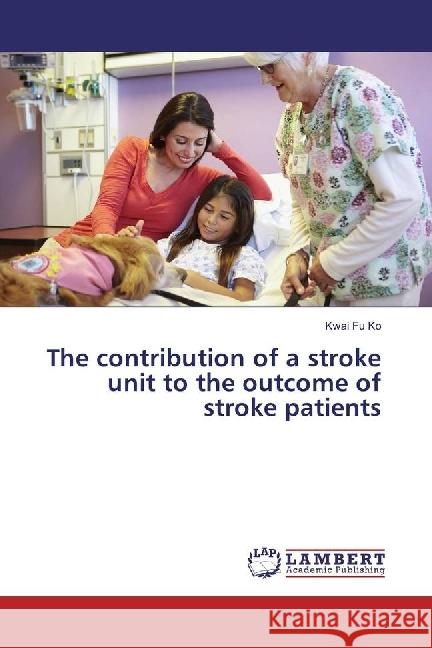The contribution of a stroke unit to the outcome of stroke patients » książka
The contribution of a stroke unit to the outcome of stroke patients
ISBN-13: 9786202004480 / Angielski / Miękka / 2017 / 328 str.
Within eastern Asia, stroke is a major cause of death and disability, and the burden of stroke in this region is predicted to increase. The incidence of ischaemic and haemorrhagic stroke in eastern Asia is higher than in Europe and America, and a greater proportion of strokes are due to cerebral haemorrhage, for which the outcome is poor. Anecdotal evidence suggests that Chinese populations are associated with a higher incidence of severe intracranial carotid disease than Caucasian populations. High economic cost is frequent, as there is a great need for medical care in the initial phase after stroke as well as a need for long-term assistance in the late phase. Given these issues, advance in stroke management is strongly desirable. Despite recent advances in acute stroke care, there is still lacking powerful and widely applicable routine drug therapies to improve the outcome after stroke. None of the neuroprotective agents has ever been found to be effective in human trials despite promising animal data. Perhaps the most significant advance in stroke management is not by pharmacotherapy, but rather concerns the process or system of care for stroke patients.











